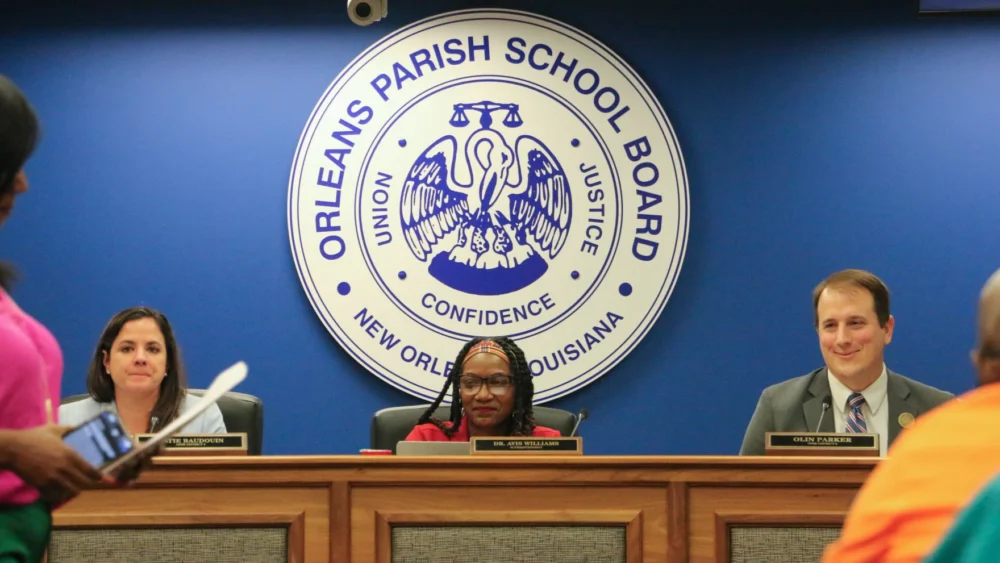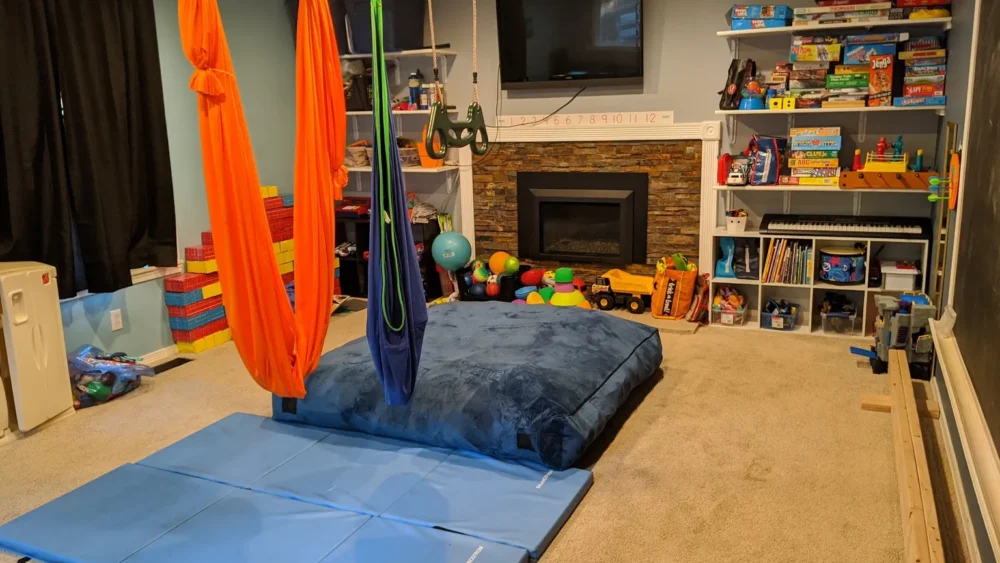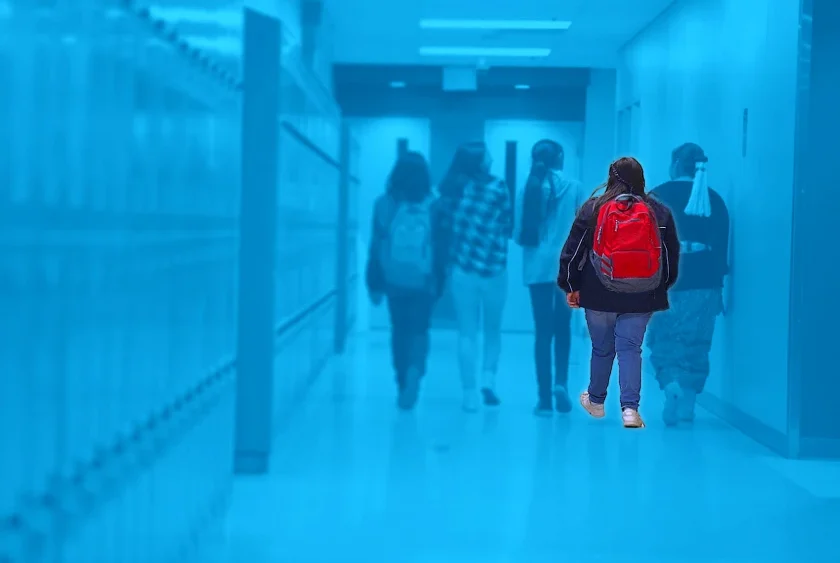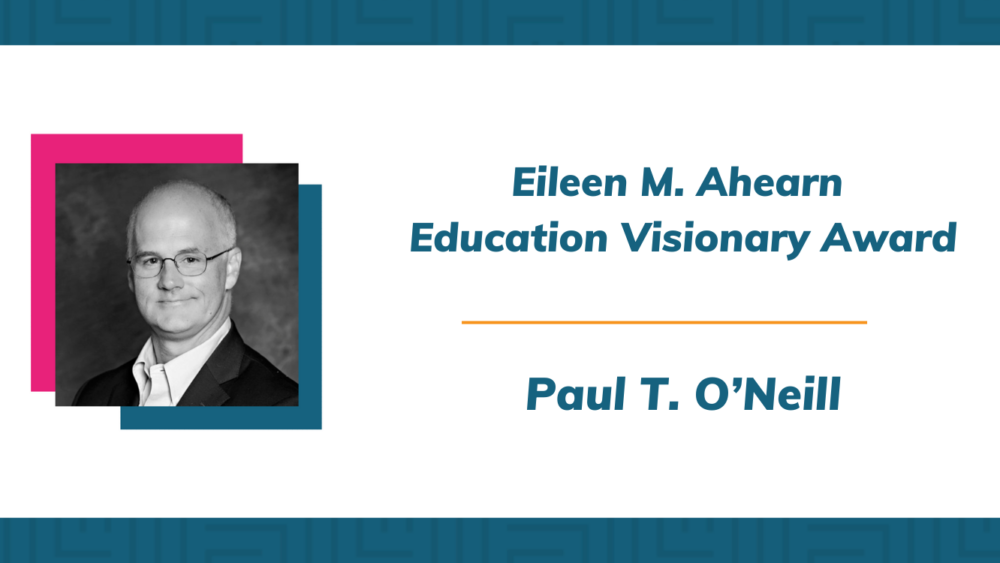CLE’s Senior Director of Strategy and Impact, Jennifer Coco, is quoted in the Axios New Orleans “New Orleans schools may centralize services for students with disabilities” article.
CLE’s Senior Director of Strategy and Impact, Jennifer Coco, is quoted in the “Charter school leaders support centralized approach to special education, report” from the New Orleans Public Radio.
Center for Learner Equity report reveals broad consensus from local schools to explore shared services amid deep concerns from families and schools about current challenges and inequities.
This study identifies a path forward for New Orleans’ uniquely decentralized school system to coordinate services for students with disabilities through an Educational Service Agency while maintaining its commitment to autonomous charter schools.
For many Washington families, navigating special education is a daily struggle that ends with disappointment and despair. Some Washington charter schools are upending this long-standing equation, giving parents and their children with disabilities something entirely different: hope for the future.
“The origin of the charter sector was to expand opportunities for kids from marginalized demographics,” says Executive Director Lauren Morando Rhim. “With kids of color and low-income kids, the charter sector has done that. But for kids with disabilities, it has not.”
“Parents of kids with disabilities are not interested in the argument of districts vs. charters; they just want good schools,” CLE Executive Director Lauren Morando Rhim said. “In our ideal world, their child could go to both schools, they are both good options, and [parents] know how to navigate those choices.”
The two-year research study reveals that education leaders and policymakers are not doing enough to ensure students with disabilities receive a high-quality education at charter schools and highlights how state policymakers, authorizers, nonprofits, charter management organizations, and individual schools can improve the educational experiences of students with disabilities.
CLE is proud to announce that Paul O’Neill, CLE’s co-founder and Senior Fellow Emeritus, is the recipient of the 2024 Eileen M. Ahearn Education Visionary Award. Paul’s contributions to special education and charter schools align seamlessly with Eileen’s vision and legacy.








